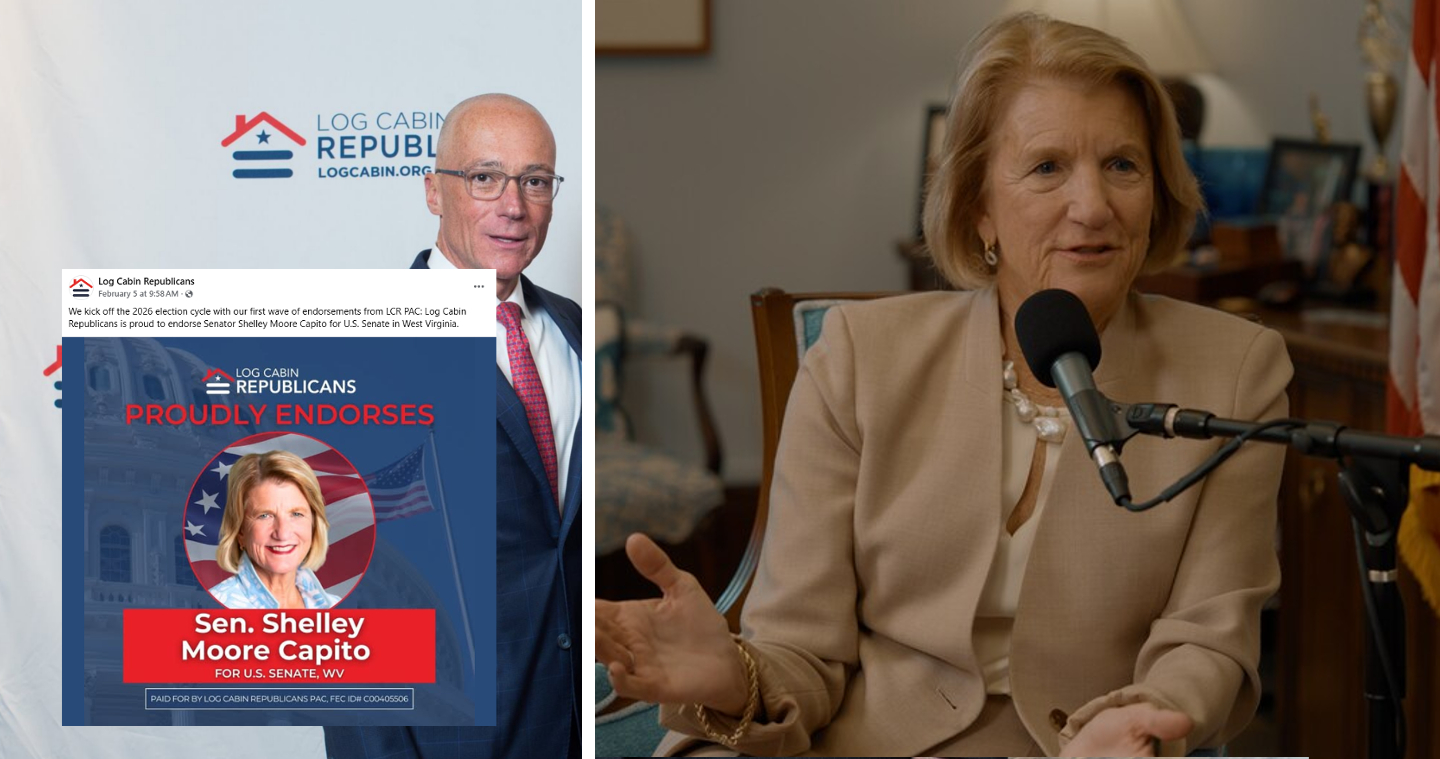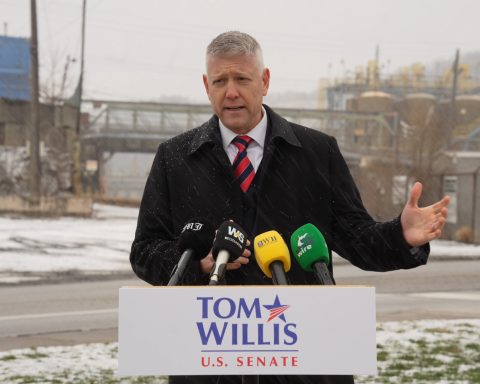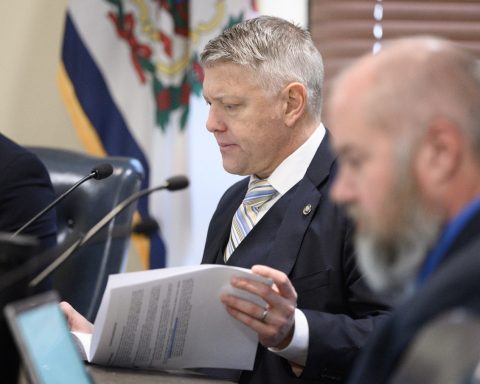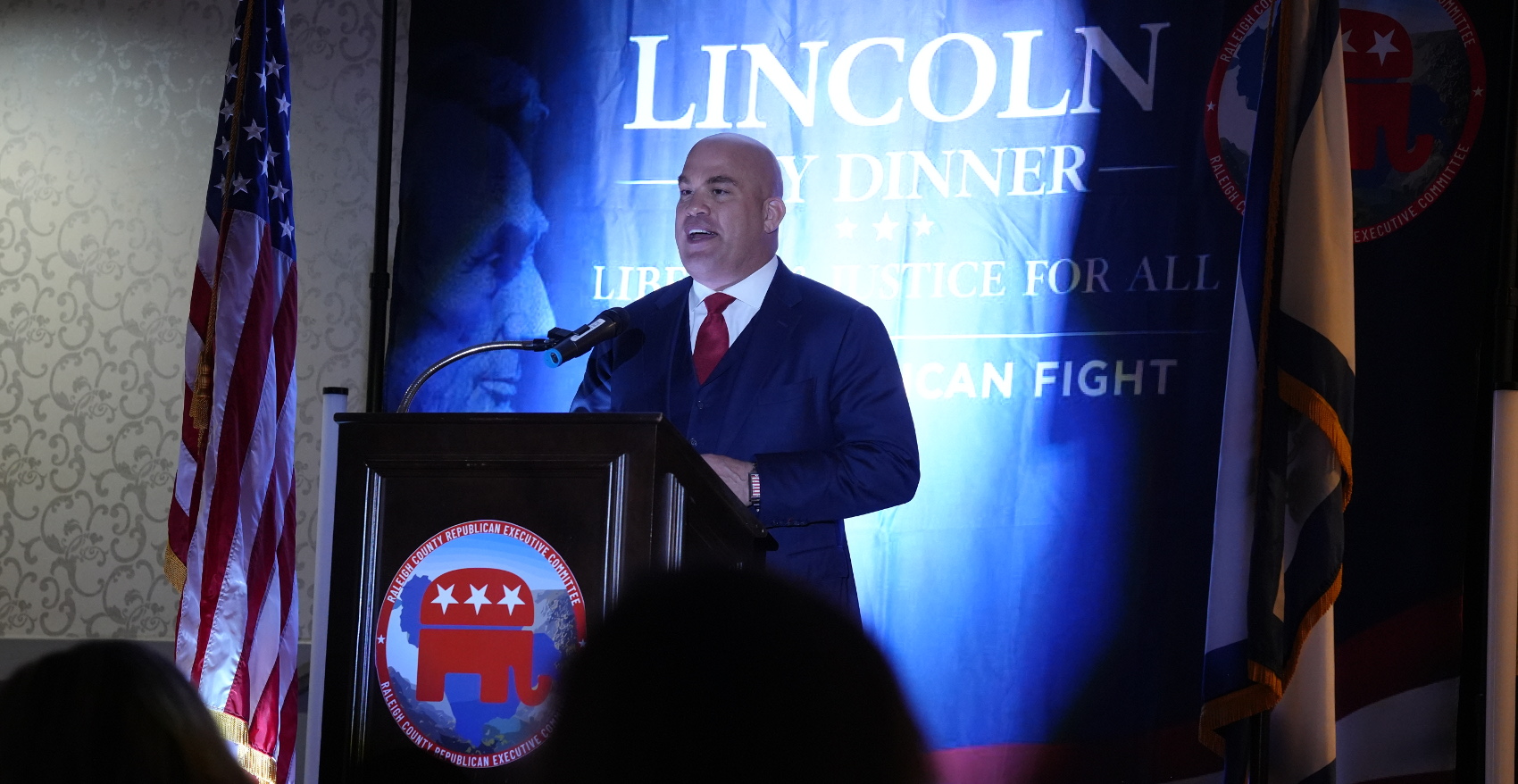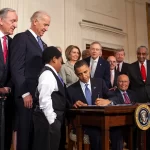Oral arguments were heard last week by the Supreme Court in an important religious liberty case from Montana. It involved scholarships that are available to private school students who attend non-religious schools but are denied to students who attend Christian schools.
Of course, this is grossly unfair and blatantly discriminatory, and absolutely contrary to any kind of genuine commitment to religious liberty. In America, we don’t punish families just because they are families of faith.
It appears likely that the Court will find for the Christian plaintiffs in this case. And according to our cobbed up understanding of how controversies like this are settled, it’s a good outcome for the families involved as well as for religious liberty in general.
But there is another question that nobody has talked about for decades. Is this a case that should be settled by the Supreme Court? The answer is no if we are using the Founders’ Constitution as the supreme law of the land.
First, Congress – and by extension, the entire federal government, including the judiciary – is entirely prohibited from messing with religion at all. “Congress shall make no law regarding the establishment of religion or prohibiting the free exercise thereof.”
All legislative powers are “vested in…Congress,” meaning there is no legislative power left over for either the executive branch or more to the point, the judicial branch. Neither of them can make law. Only Congress can enact legislation, and it is flatly forbidden to pass any laws that infringe on religious expression. The Supreme Court’s job is to decide cases based on an accurate application of law. But since there should be no laws at the federal level even touching on freedom of religion under the Founders’ Constitution, the Court should have no jurisdiction over the Montana case at all.
The Supreme Court should have said, “The People have forbidden us to take any cases dealing either with the establishment of religion or its free exercise. We are hereby remanding it back to you, the people of Montana, to your state constitution, and to your state supreme court, which does have jurisdiction.”
The Montana supreme court has already upheld the blatantly bigoted, anti-Catholic state constitution, which prohibits taxpayer funds from going to any religious organization. The offending provision in the Montana constitution is the infamous Blaine Amendment, rooted in the anti-Catholic bigotry of the 19th century and the desire to limit the spread of parochial schools. It’s a wretched provision, but the Montana supreme court did what it is supposed to do, even though their ruling was likely animated more by anti-Christian bias than constitutional principle. The court upheld the constitution enacted by the people of Montana rather than substituting its own judgment for theirs.
The Founders were quite clear that regulating religious expression was entirely a matter for the states, and was not a proper sphere for the intrusion of the federal government. In this case, the downside would be that the affected families would not get their taxpayer-funded scholarships, clearly an egregious form of discrimination. But the upside is that the citizens of Montana could fix this problem all by themselves by amending their constitution, rather than getting stuck with the judgment of a court on the other side of the country.
After the passage of the First Amendment was passed, James Madison observed that it put the issue of religion entirely outside the purview of the “general government,” by which he was referring to the federal government.
“There is not a shadow of right in the general government to inter-meddle with religion…The subject is, for the honor of America, perfectly free and unshackled. The (federal) government has no jurisdiction over it.”
According to the wisdom of the Founders, this Montana case is not an issue for the Supreme Court to decide, but for the citizens of Montana. Authority over all religious matters should be returned to the states and their state constitutions forthwith. That’s what’s called federalism, it’s what the 10th Amendment is intended to protect, and it’s the way our republic is designed to function. Let’s return all religious liberty cases to the states where the Founders put them.


